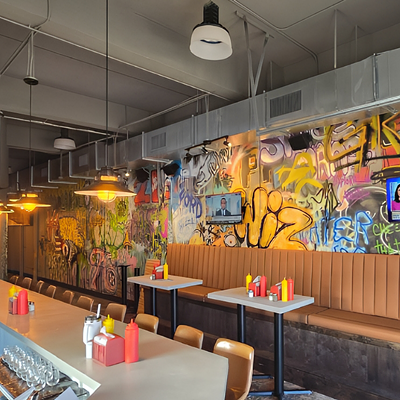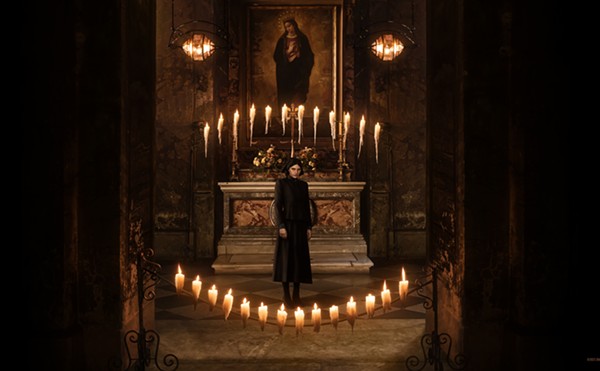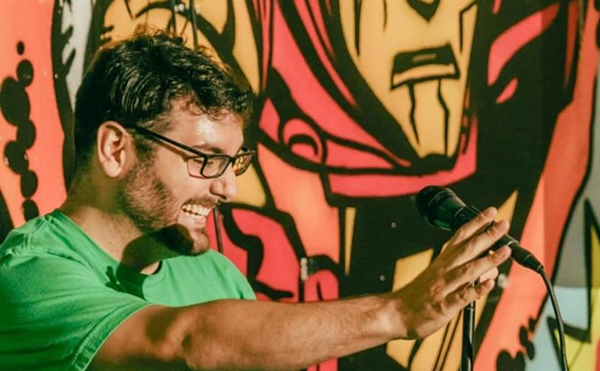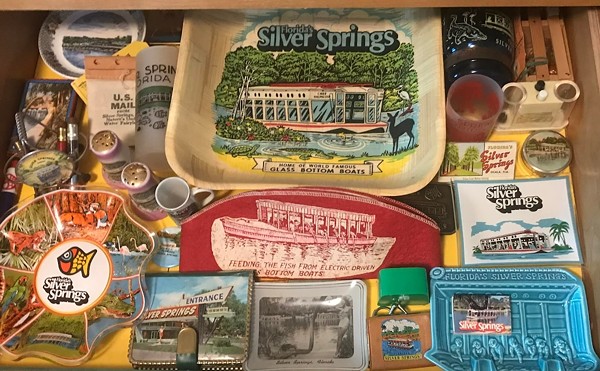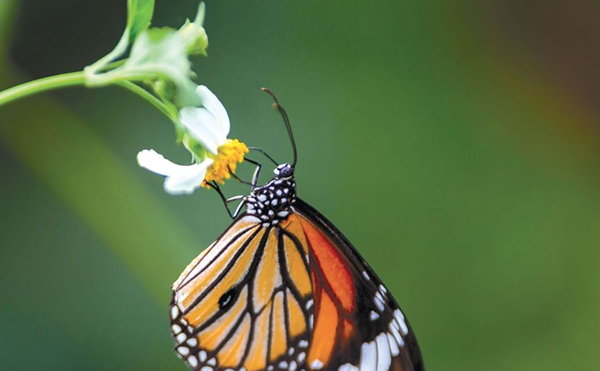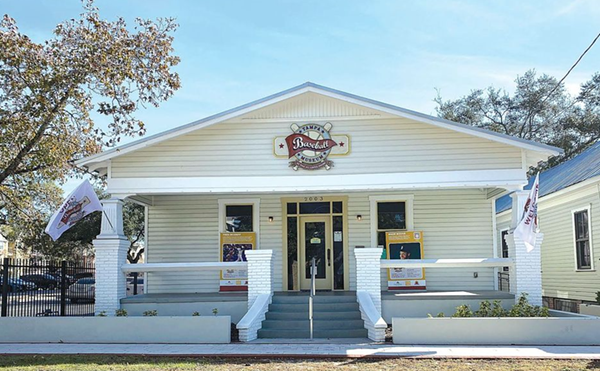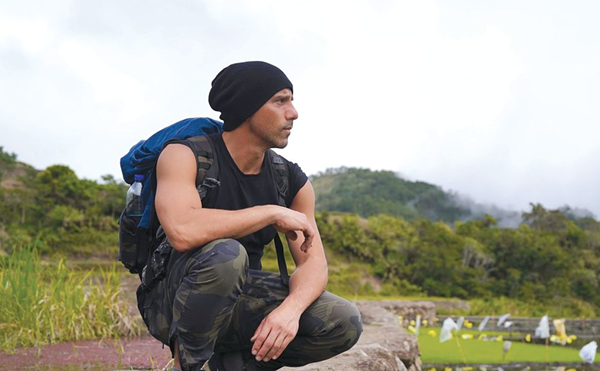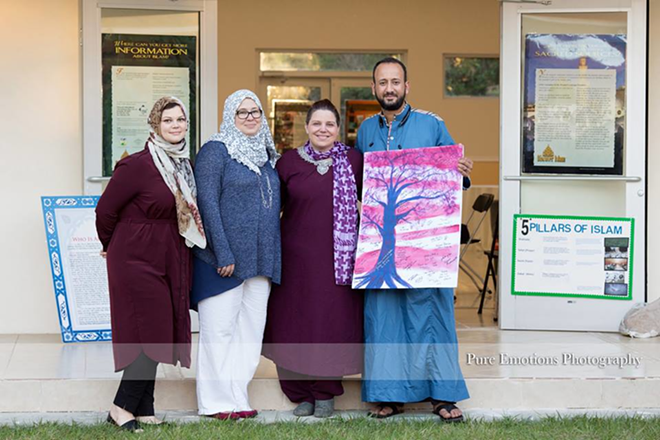
Solidarity with the Islamic Society of Tampa Bay is an event organized by Alicia D’Amico, a local photographer and activist. D’Amico created this gathering to show support and bring non-Muslim and Muslim communities together. Though the event was scheduled weeks before the recent burning of the mosque in New Tampa, it is more important than ever that we attend.
I would be lying if I said I wasn’t apprehensive. I do not know much about the Islamic faith, and am afraid of being judged. I tend to stick out from the crowd—I am a woman over six feet tall; I have short hair, tattoos and piercings. Stephanie and I are openly gay.
Immediately upon arriving, though, we are warmly welcomed. We haven’t even gotten out of the car yet and people are waving at us as they pass by. We approach the building and are greeted by women in hijabs standing atop an elaborate stairway; they smile at us, introducing themselves and shaking our hands.
As we enter the event room, I look around. To my left is a small older woman smiling behind a table covered in dozens of beautiful fabrics. She beckons for us to come over and, in her broken English, invites us each to pick out a piece. It is clear this is optional; the fabrics are a gift from the Islamic Society and we are free to pick one to wear and take home if we wish. The woman’s kind brown eyes light up as we admire the fabrics; her wrinkled hands graze over each one gingerly, pointing out the intricate details of each color.
I choose a piece made of bronzes and greens, flecks of gold and reddish-brown woven in. The woman’s eyes crinkle as she reaches to wrap the fabric over me; I bend down to meet her height as she drapes it delicately around my head and over my shoulders, arranging it just so. I thank her and move to our seats.
The opening speakers are from the Islamic Society of Tampa Bay, and the first thing they say is “We love you. We appreciate you. You are welcome here.”
I cannot believe I was nervous about coming today. This is a group of people who are judged and discriminated against by those who do not know them; I was nervous to come because I feared they would judge and discriminate against me. The irony is not lost upon me as I continue to listen.
After a general introduction, we watch a slideshow and are taught the basic principles of Islam. Once the leaders speak, the microphone is opened to anyone who wishes. Several people — Christian, Jewish, Muslim, Evangelical, and those who do not practice any religion — take the mic.
All are allies.
The message is clear from each individual: We are different from each other, yes. But unless we reach out, have a conversation, ask a question, we are always going to feel separate. And we will never know how much we may actually have in common.
The main reason — the only reason — I was nervous about coming was because I was afraid of being judged, criticized, unwelcome. I know I am different from many of the people who are hosting us today. In allowing myself to be afraid and attend the event regardless, I got to know my fellow Americans a bit more — and they got to know me as well.
Next we are invited to get in line for a delicious meal prepared by the Islamic Society. A young woman smiles at me under her niqab as she scoops a ladleful of rice on my plate and remarks, “It is so nice to see another tall woman here!”
I consider the plethora of differences between her and me — yet the one thing she chooses to focus on is probably our only similarity.
This is what matters.
We savor the last bites of our meal and bid our adieus, thanking our hosts for their warm welcome and generous hospitality.
As we get back in the car and head towards home, I think about misconceptions; how my fear of being judged sometimes gets in my way, how I am thankful I didn’t let it interfere today. One of my favorite lines from one of my favorite poems plays over in my head as we drive south on the Howard Frankland.
We are more alike, my friends, than we are unalike. We are more alike, my friends, than we are unalike.




